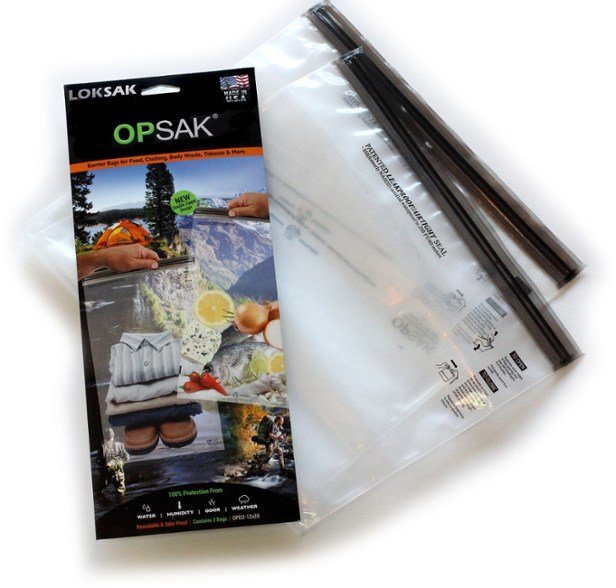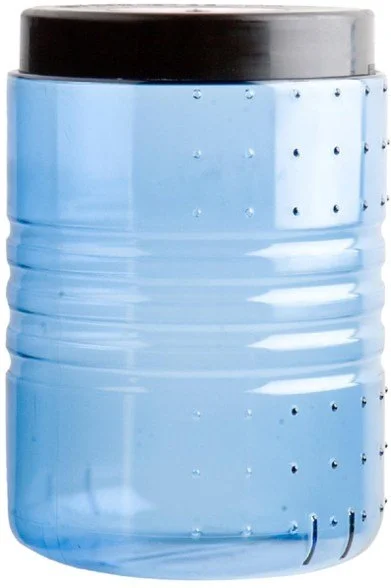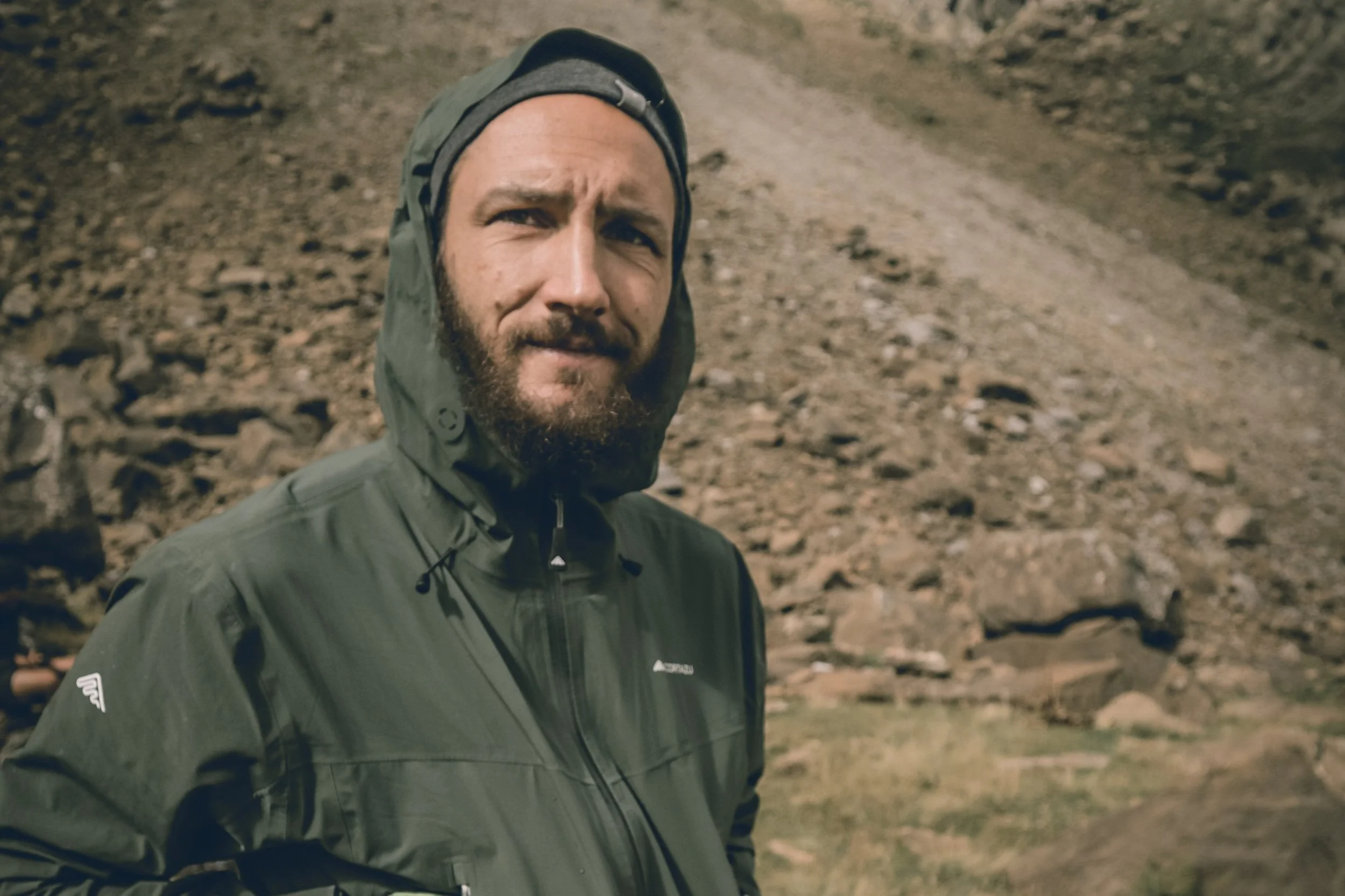How To Manage Trash On Your Backpack Hunt
You’ve probably prepared your gear, your meals, and your body for your upcoming backpack hunt, but are you prepared for the trash you’re going to create? All those meals and snacks come with a wrapper of some sort so have you thought about what you’re going to do once you’re done with them?
If your answer is “bring a trash bag,” then we have some work to do. In this article, we’re going to discuss how to properly manage your trash in the backcountry and why it’s important to do so.
Image courtesy of Donald Giannatti @wizwow
Why It’s Important To Manage Your Trash
Image courtesy of Ananya Bilimale @highwaypatrol_x
Talking about trash in the backcountry for your backpack hunt isn’t flashy, sexy, or exciting, but if you fail to do it properly you put yourself and your gear at risk. Depending on the area you’re hunting it, you could be battling critters as small as an ant and topping out with a bear. Regardless of what you think smells or doesn’t smell, to any animal in the mountains, you’re putting off quite the flavor factory, and the longer it looms in the air or on the ground, the more willing those animals are going to be to find the source.
At a minimum, you owe it to the backcountry itself to properly manage your personal trash. It’s not a place to leave, burn, or bury used wrappers. Maybe you don’t care about ants, mice, marmots, deer, bears, or raccoons getting into your gear at night or when you’re on the hunt, but the backcountry does care. It deserves better than we often give it so take some time and think through what you’re going to do with your trash once you make it and implement those tools the right way.
Aside from leaving the backcountry better than you found it, mismanaging your trash can quickly turn into a nightmare. If you don’t have a plan in place to reduce smells, mice will easily chew through gear to get to it, ants will turn your hooch into their new favorite dining place, and larger critters like raccoons will ransack a tent. If you’re in bear country, they’ll come calling too.
No one wants to come back to camp to find holes in gear and an entire camp destroyed so make a plan and stick to it before you head into the backcountry. Once these critters know how to have a good time, they’ll be back so it’s important to keep your site as clean as possible. If you’re camping in an established site where others may camp throughout the year, be even more wary of critters looking for food. Routine camps make for routine dinners so again, critters will be back for a midnight snack even if you’ve personally never been there before.
How To Manage Your Trash
The Opsak is an easy method of managing trash and minimizing smells.
Managing your trash begins before you ever leave the trailhead or pop that first piece of candy in the woods. It starts by selecting food for your hunt that either doesn’t make more trash each time you eat it or can be combined into larger bags in order to reduce your trash footprint. Use the following techniques to reduce your trash;
Taking individually wrapped items and combining them together in a larger baggy.
Opt for resealable bags when possible
Plan to have a place to put your trash before you eat it (not your pocket)
If resealable bags are unavailable for an item, repackage them into one.
Reduce the number of small wrappers when possible. They easily go missing and are left in the backcountry.
Do NOT combine your trash with your friend’s trash. Manage it on the individual level and take care of yourself.
It’s not rocket science, but it does take some forward thinking. Look through all of your food items and ask yourself what can be combined, taken out of their original packaging, and resealed. Your future self will thank you for the upfront effort.
How To Store Your Trash
The Bear Vault is a tried and true way to keep out critters.
There are a few methods for storing trash in the backcountry, but bringing a large trash bag is NOT one of them. Trash bags meant for your home or a car camping trip do nothing but pile up trash and make it difficult to haul out of the backcountry. They stink, break easily, and simply aren’t the right choice for backpackers.
Choose one of the following methods for storing trash;
Bring a few gallon size zip-lok bags to store trash in and when one gets full, hang it in a bag in a tree.
Utilize a bear canister
Use a smell-proof OpSak for trash (these are durable zip-lok bags)
Use an Ursack as a bearproof/critter-proof solution.
Waterproof rolltop bag (waterproof makes it smell less)
The less smell the better, so use one of the above options for storing your trash once you make it. If you’re out for an extended trip in the backcountry, it’s even more important that you reduce the number of wrappers you bring with you. This is why, for those who are planning extended trips, it might be worth considering breaking your trip up into two parts by planning to head back to the trailhead for a cold beverage and resupply halfway through your hunt. When you do this, you can do a trash haul as well and make your life easier when you’re finally breaking down camp for the last time.
What NOT To Do With Your Trash
If you can pack it in, you can pack it out. Burning trash or burying it is NOT the answer. Implement one of the previously mentioned methods of managing and storing trash on your hunt and do your best to make sure whatever trash you make, gets put into one of those containers. Don’t be lazy about managing trash. Once you pop that wrapper off, put it away so it’s not at risk of blowing away, falling out of a pocket, or being left behind.
Image courtesy of Almos Bechtold @almosbech
Final Thoughts
More and more people are making their way into the backcountry, but very few of them know how to manage the trash they bring. It’s not something that’s usually thought of until it’s too late which means those wrappers and meals usually get left behind. Take care of those places you love to hunt and leave it better than when you found it. Have a method of managing trash, implement that method, and call it a day.
Emory, By Land
Thanks for stopping by the website and checking out this article! If you have any questions for me, you can leave a comment below or shoot me a personal message at emory@byland.co.
Donate and Support
By Land is independently published meaning no one pays to have this content written or created. If you’ve enjoyed this article, the website, resources, or other By Land content and want to become a supporter, please consider making a one-time donation. 100% of each donation will go right back into operational costs so I can continue to bring you the same great content for years to come!
Thank you!











Curious about barefoot running and how it ties into living a more balanced, fulfilling life? In this episode, Barefoot Ted, the founder of Luna Sandals, to explore the power of minimalism, autonomy, and finding your flow. Ted shares his unique perspective on the three pillars of well-being and how embracing simplicity—both on the trail and in life—can lead to something pretty special.